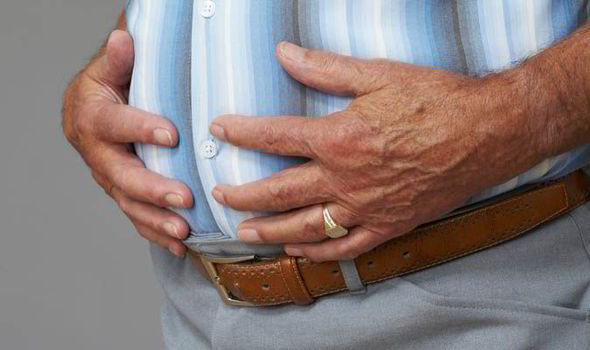
One in 10 care staff say their places of work are turning away obese people due to a lack of facilities needed to care for them, with one manager explaining she turns away larger people because they are ‘so expensive.’
In the UK, one in four people are now obese in older age, equating to 5.8m people over 65, and care homes are now struggling to deal with this influx of large, older people.
A survey carried about by carehome.co.uk, a leading care home reviews website, found 41% of care home staff claiming they have the bariatric facilities to look after obese residents, with 12% having to turn them away because they don’t have the correct of resources and equipment.
The figures were sourced from a survey the website completed by 2,803 care home owners, managers and staff.
A care home manager spoke anonymously to Mumsnet and explained why care homes often don’t want to house morbidly obese people. She said: “On the surface of it it sounds morally wrong, but I think the majority of people don’t understand what the care of an obese person entails.
“If someone is morbidly obese and can just about transfer to the toilet and can do most things with the aid of a carer I can assure you it won’t be long before they are immobile.
“Because of the politics of fat, care homes are not given any more money for very large people despite the fact it is so expensive taking care of them. There would be an uproar if people who needed care were classified as too fat to take up a ‘normal’ place in care. It would be deemed discriminatory.”
The manager noted how carers can struggle to move the bodies of obese people and it can be hard to clean them, adding: “Staff regularly feel the physical strain on their bodies after a shift moving an obese person. Trying to push a wheelchair of an obese person leave staff with pain in their shoulders.”
Severely obese people more likely to suffer from complex conditions such as hypertension, diabetes, cardiac disease and respiratory disease. In addition, they often require specialist management of their skin as severely obese people can have an increased risk of wounds, pressure ulcers and reduced prognosis for wound healing due to their immobility.
A spokesperson for carehome.co.uk said: “The number of obese, older people has been rising in the UK for the last couple of decades and care homes need to ensure they are inclusive and that residents who are severely overweight are treated with dignity.
“Some care homes have built bariatric rooms, but over half are unprepared and have no specialist facilities. This inability to provide care for obese people who often have associated medical needs means they are left stranded at hospital or at home.”
Tracy Paine, chief executive of Belong Ltd and supporter of people needing bariatric care, said: “In each situation, an assessment is made of a person’s individual care requirements, and we work with residents, their families and health and social care commissioners, to determine how we can best provide for the person’s needs and what special provisions will be necessary. Previously, this has led to investment in specialist equipment, including larger beds and aids to assist people to remain as independent as possible.
“Practice development facilitators at each Belong village make sure staff have the skills and knowledge to provide bariatric care, including how to help with aspects of personal care and specialist moving and handling techniques. Staff also have an understanding of medical conditions associated with obesity, such as sleep apnoea and hypertension.”
The term ‘bariatric’ relates to individuals who weigh more than 25 stone and bariatric facilities can include larger, reinforced beds, baths and mechanical lifts and hoists.
